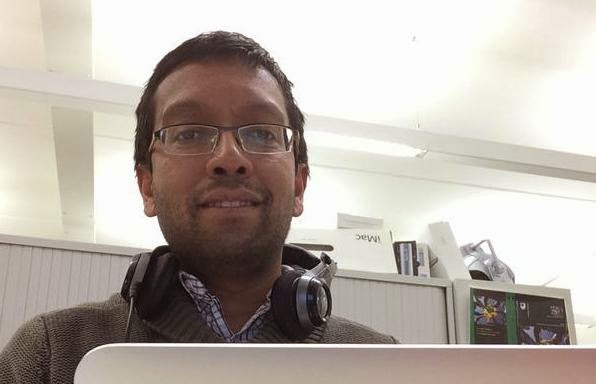Cyber Security Awareness Month

Introduction to Cyber Security MOOC A few years ago, the US Department for Homeland Security started an initiative to raise awareness of cyber security issues by promoting October as "National Cyber Security Awareness Month". Therefore, it is appropriate that the latest presentation of the Open University's MOOC " Introduction to Cyber Security " is due to start next week. Since we launched the course in October 2014, we've had over 50,000 learners participate and almost 11,000 fully engage with the content. By giving people the basic knowledge and skills to better protect their computer systems, both at home and work, we hope to have made a useful contribution to raising cyber security awareness across the globe. Of course, there is still a long way to go, as highlighted by Kevin Beaver in a recent blog post on IBM's Security Intelligence site. Weak passwords, unpatched systems, and improper malware protection are all examples of common sec...


